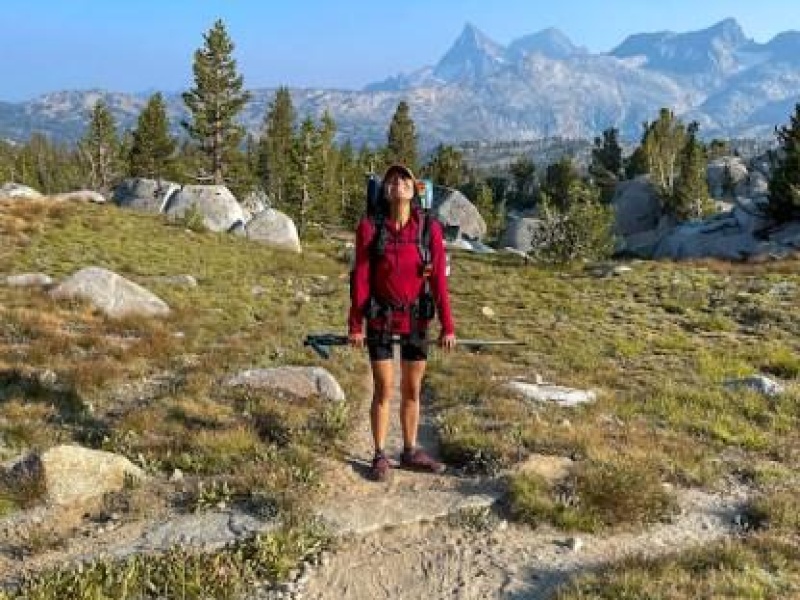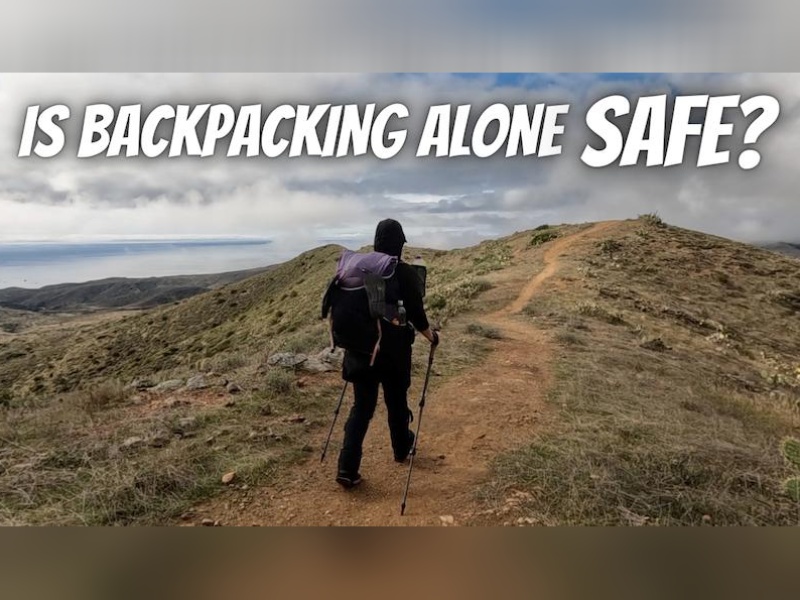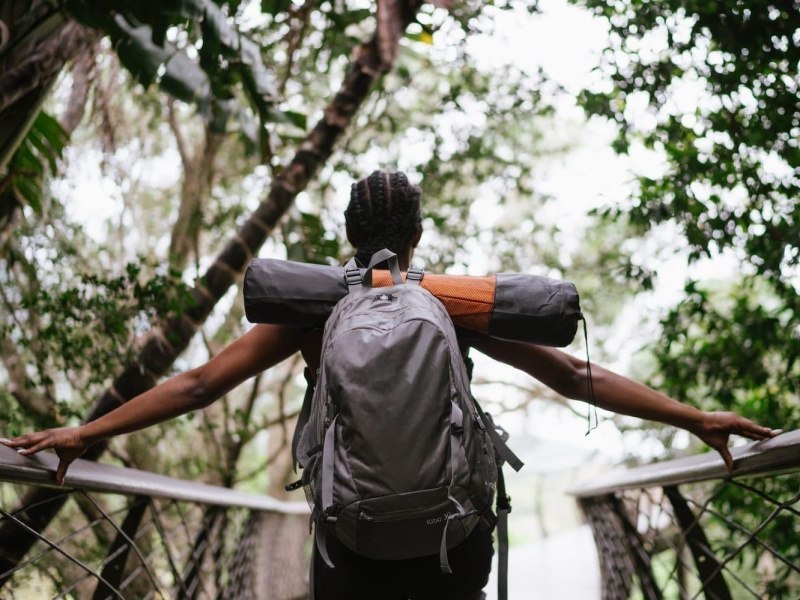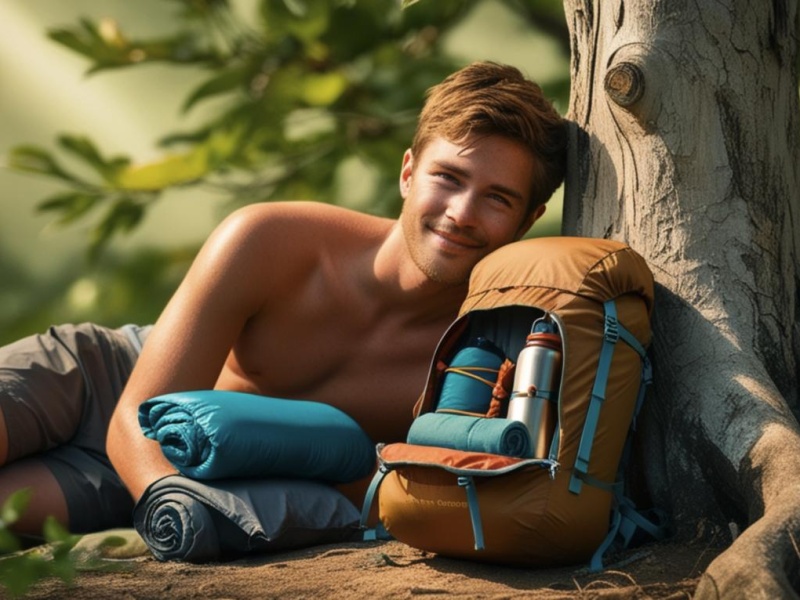The Connection Between Backpacking and Mental Health
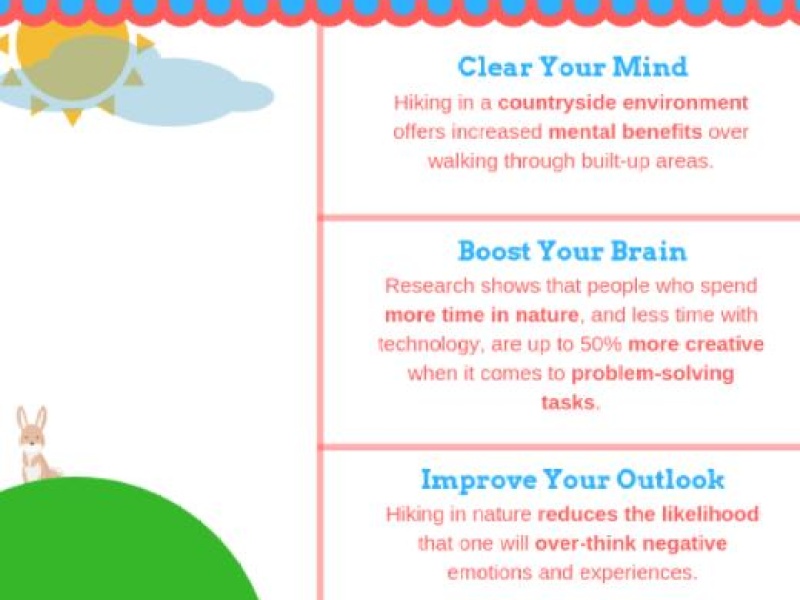
Backpacking is more than just a way to explore new places; it’s a powerful tool for improving mental health. The act of traveling light, immersing yourself in nature, and stepping away from daily stressors can have profound effects on your well-being. Studies have shown that spending time outdoors reduces cortisol levels, the hormone associated with stress, and increases serotonin, which contributes to feelings of happiness and calm. Backpacking, in particular, forces you to disconnect from technology and reconnect with yourself, offering a unique opportunity to reflect and reset.
How Nature Impacts Your Mind
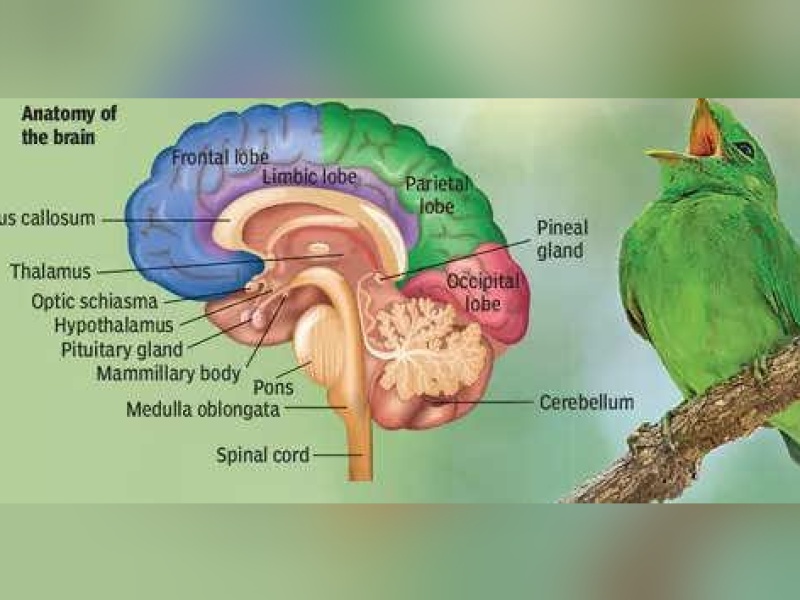
Nature has a remarkable ability to heal and rejuvenate the mind. When you’re backpacking, you’re often surrounded by breathtaking landscapes—mountains, forests, rivers, and open skies. These natural environments have been proven to reduce symptoms of anxiety and depression. The Japanese practice of "forest bathing," or shinrin-yoku, emphasizes the therapeutic effects of spending time in wooded areas. Similarly, the rhythmic sounds of flowing water or rustling leaves can induce a meditative state, helping to clear mental clutter and improve focus. Backpacking allows you to fully immerse yourself in these natural settings, amplifying their mental health benefits.
The Role of Physical Activity in Mental Well-being
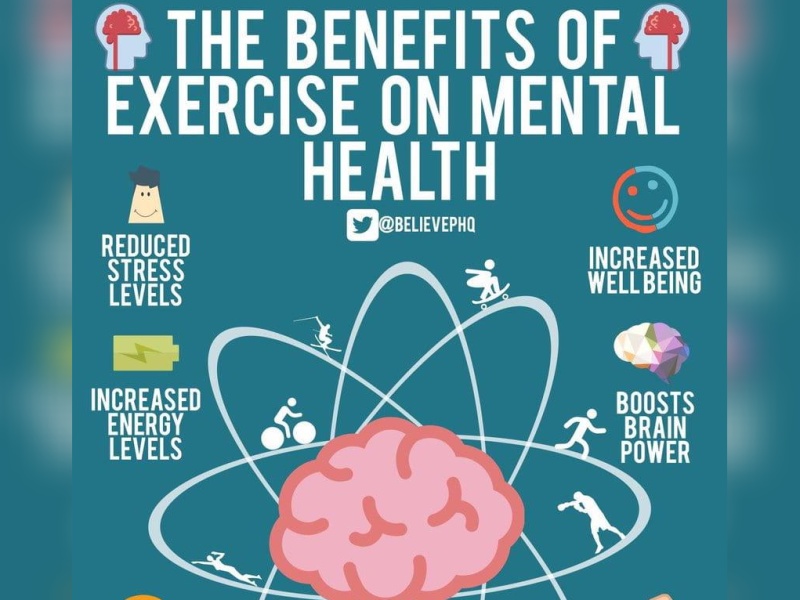
Backpacking is inherently physical, requiring you to hike, climb, and carry your belongings over long distances. This physical exertion releases endorphins, often referred to as "feel-good" hormones, which can elevate your mood and reduce feelings of stress. Regular physical activity has also been linked to improved sleep patterns, increased energy levels, and enhanced cognitive function. The combination of exercise and fresh air during a backpacking trip creates a perfect environment for mental clarity and emotional resilience. Even the challenges of navigating difficult terrain can build confidence and a sense of accomplishment, further boosting your mental health.
Disconnecting to Reconnect: The Digital Detox
In today’s hyper-connected world, it’s easy to feel overwhelmed by constant notifications and the pressure to stay online. Backpacking offers a rare chance to unplug and disconnect from digital distractions. Without the constant buzz of emails, social media, and news updates, you can focus on the present moment and engage more deeply with your surroundings. This digital detox can lead to reduced anxiety, improved concentration, and a greater sense of inner peace. Many backpackers find that this break from technology allows them to reconnect with their thoughts, emotions, and the people they’re traveling with, fostering deeper relationships and self-awareness.
Building Resilience Through Challenges
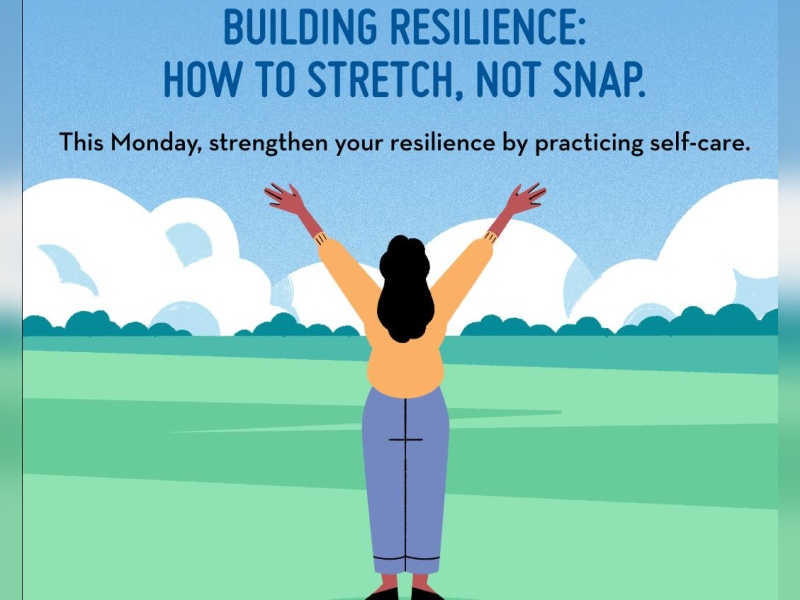
Backpacking isn’t always easy. From unpredictable weather to unexpected detours, the journey often comes with its share of challenges. However, these obstacles can be incredibly beneficial for mental health. Facing and overcoming difficulties on the trail builds resilience, teaching you to adapt and persevere in the face of adversity. This newfound resilience can translate to other areas of your life, helping you tackle personal and professional challenges with greater confidence. Additionally, the sense of accomplishment that comes from completing a challenging hike or reaching a remote destination can boost self-esteem and provide a lasting sense of fulfillment.
Mindfulness and Presence on the Trail
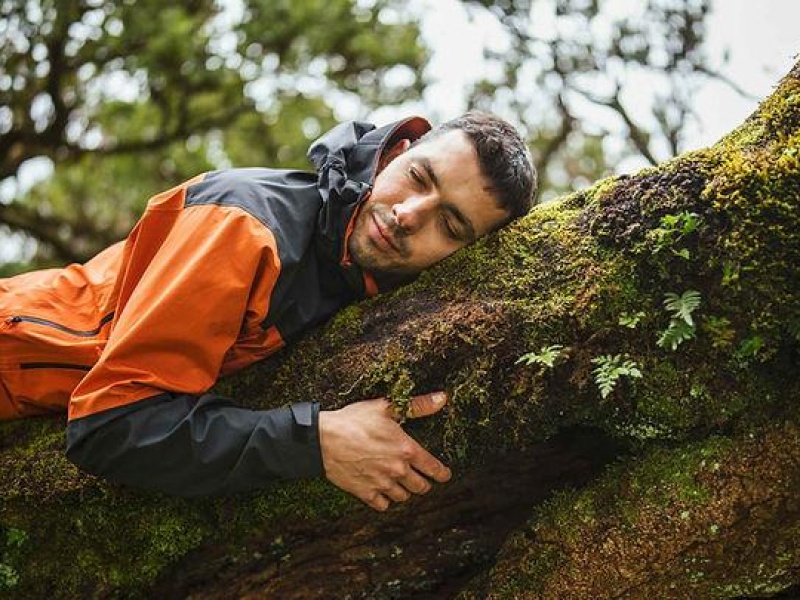
Backpacking naturally encourages mindfulness, the practice of being fully present in the moment. When you’re hiking through a forest or climbing a mountain, your attention is focused on the path ahead, the sounds around you, and the rhythm of your breath. This heightened awareness can help quiet the mind and reduce overthinking, a common contributor to anxiety and stress. Many backpackers find that the simplicity of life on the trail—carrying only what you need, living day by day—fosters a sense of gratitude and contentment. By practicing mindfulness during your travels, you can carry these benefits back into your everyday life.
Social Connections and Shared Experiences
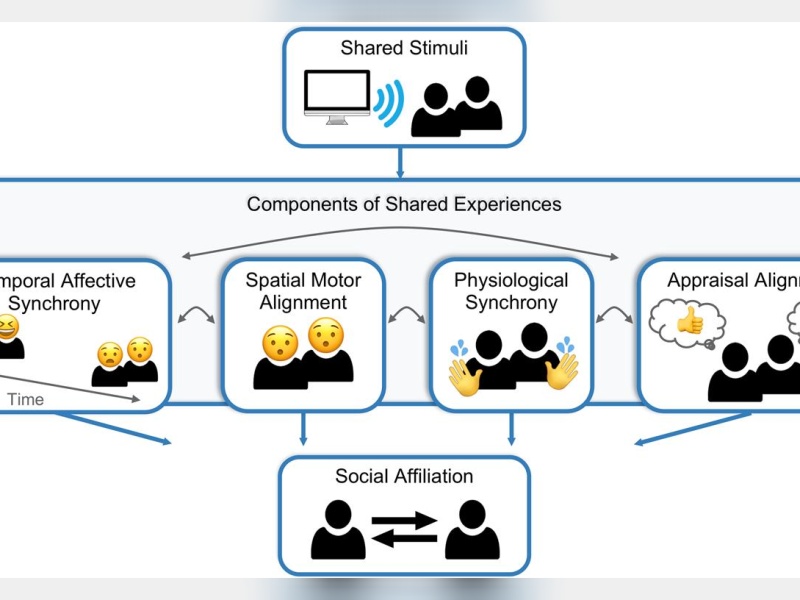
While backpacking can be a solitary activity, it often involves meeting new people and forming meaningful connections. Whether you’re traveling with friends or joining a group of fellow adventurers, shared experiences on the trail can strengthen bonds and create lasting memories. These social interactions are vital for mental health, as they provide a sense of belonging and support. Even brief encounters with locals or other travelers can enrich your journey and remind you of the beauty of human connection. For those who prefer solo travel, the opportunity to reflect and enjoy your own company can be equally rewarding, fostering self-discovery and independence.
Key Takeaways
Backpacking offers a unique combination of physical activity, nature immersion, and digital detox that can significantly improve mental health. By stepping away from daily stressors and embracing the challenges and beauty of the trail, you can reduce anxiety, build resilience, and cultivate mindfulness. Whether you’re traveling solo or with others, the experience fosters self-awareness, gratitude, and a deeper connection to the world around you. So, pack your bag, lace up your boots, and embark on a journey that benefits both your body and mind.
Frequently Asked Questions
1. How long should a backpacking trip be to see mental health benefits?
Even a short weekend trip can provide mental health benefits, but longer trips (a week or more) allow for deeper immersion and greater impact.
2. Is backpacking safe for someone with anxiety or depression?
Yes, but it’s important to plan carefully and choose trails that match your comfort level. Consider traveling with a trusted companion or joining a guided group for added support.
3. What should I pack for a mental health-focused backpacking trip?
Essentials include lightweight gear, comfortable clothing, a journal for reflection, and a camera to capture moments of beauty. Leave unnecessary gadgets behind to fully embrace the digital detox.
